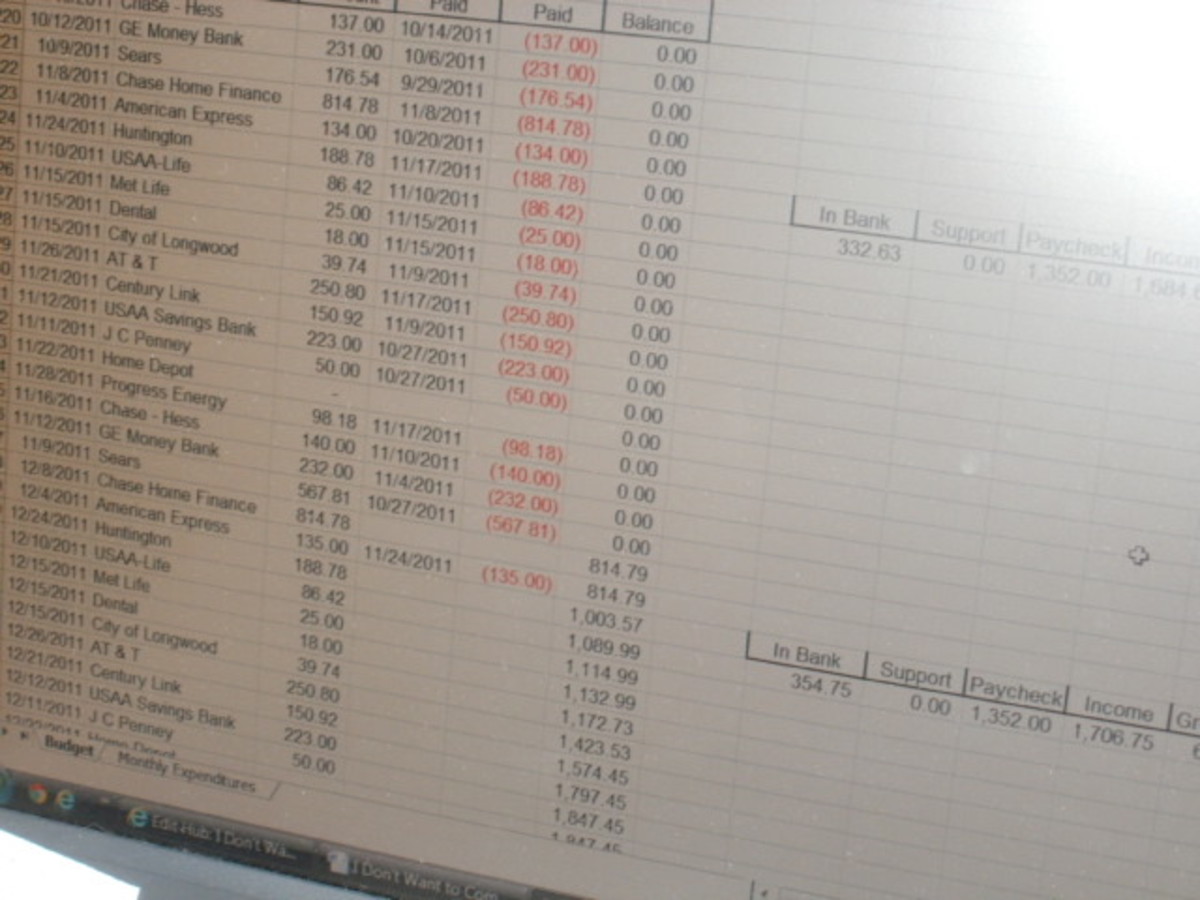A Brief Explanation of Fictitious Assets
Organizations often make use of numerous assets that help them run business activities. One asset classification is fictitious resources. These items are not often preferred or common for businesses to list on their balance sheet, which is how companies declare assets. Fictitious assets can even generate controversy if the items are on the balance bed sheet for the main reason of making the organization financially stronger on paper.
Fictitious assets are the outcome of a standard accounting journal entry. No tangible product or item exists to prove the validity of the journal entry. A common example of a fictitious asset includes new business venture costs. Bookkeepers record these costs as an asset because they do bring some initial value to the new company. The organization might write off this long-term asset against retained earnings. This allows the organization to correctly report all tangible and intangible assets on their financial statements.
An additional fictitious asset is goodwill. This asset exemplifies the amount one company pays over another company actual financial valuation. For instance, Company A is going to purchase Company B. Company has a true economic value of $50,000, but requests an asking price of $65,000 from Company A. Company A agrees to a slightly lower asking price of $60,000, with the split being $50,000 for the actual business and $10,000 as goodwill attributed to Company’s B reputation and customer list, among other intangible items. Company A records the excess amount paid as goodwill, as enabled by normally taken accounting concepts.
Goodwill – although a fictitious asset – is commonly an intangible asset for accounting purposes. Though the product is a fictitious asset because it is not genuine, GAAP needs a dollar amount recorded as an intangible asset. The application for this is since a business may not quickly expend any kind of amount of goodwill. Goodwill does keep some worth through multiple accounting periods for the company.
Goodwill does not cause an immediate cost for companies after a specific time period. Businesses may leave goodwill on their statements for any kind of length of time, relying on their business field and appropriate accounting rules. Accountants should readjust the goodwill for current market values in a future accounting period. This calls for an internal analysis, with accountancy firms developing a loss of goodwill against revenues when company’s need an external agency to help complete this accounting process.









